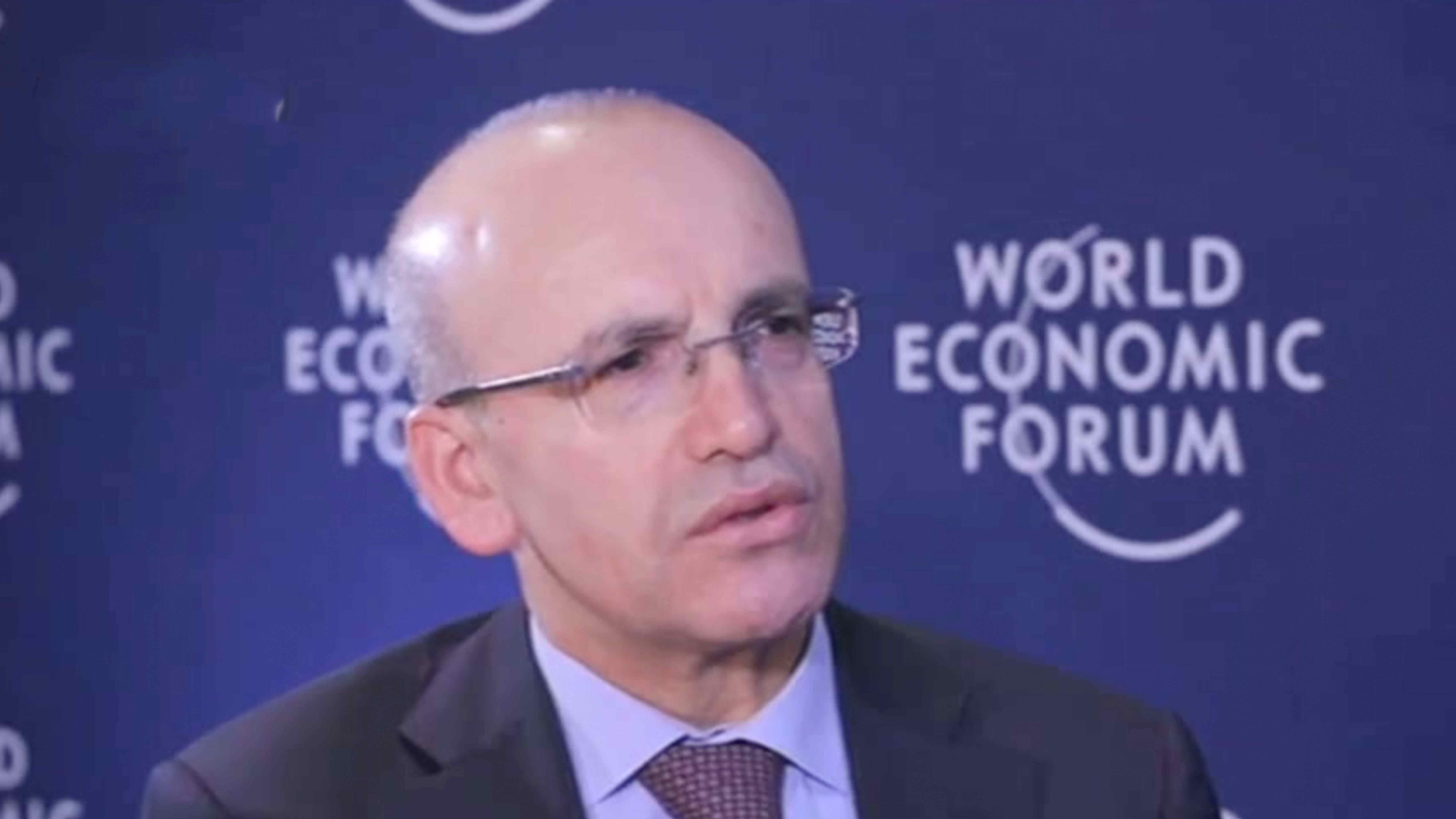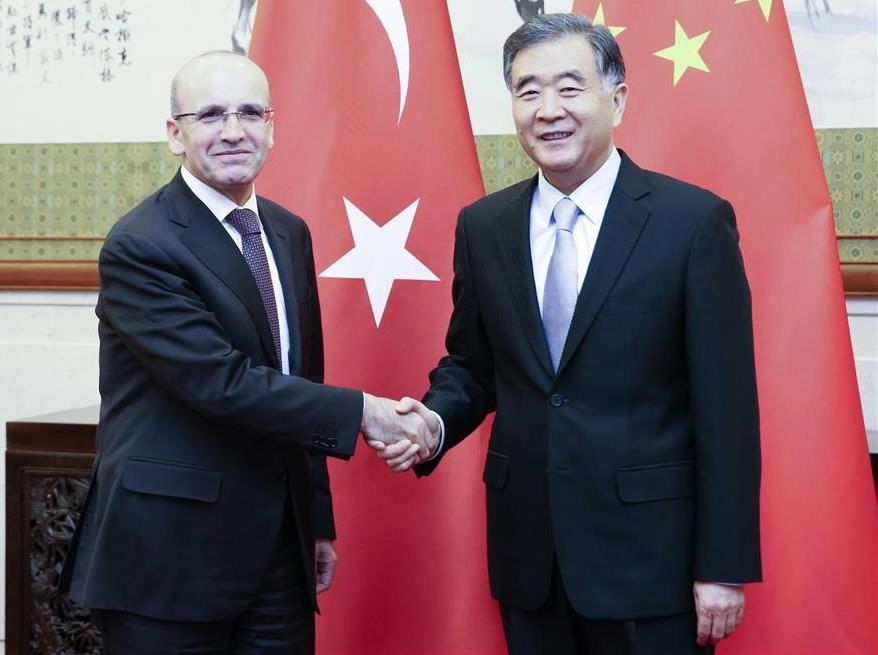
Business
21:26, 30-Jan-2018
Turkey seeks economic cooperation with China
CGTN's Liang Rui

Turkey has hopes of deepening economic ties with China and views joint ventures as opportunities for both parties, said Turkish Deputy Prime Minister Mehmet Simsek in a recent interview with CGTN.
“China could take advantages of opportunities in Turkey while Turkey need to make access to China, because Turkey’s companies need to discover Asia, which we have overlooked for decades,” said Simsek when talking about China’s investment in Turkey.
In mid-December, Mehmet Simsek was invited to visit Beijing by Chinese Vice Premier Wang Yang. Wang called for the collaboration of China's Belt and Road Initiative with Turkey's Middle Corridor plan in the meeting.

Chinese Vice Premier Wang Yang (R) meets with Turkish Deputy Prime Minister Mehmet Simsek in Beijing, capital of China, Dec. 15, 2017. /Xinhua Photo
Chinese Vice Premier Wang Yang (R) meets with Turkish Deputy Prime Minister Mehmet Simsek in Beijing, capital of China, Dec. 15, 2017. /Xinhua Photo
“It has been good dialogue with Chinese leading banks and corporations, and also a good dialogue on a government level,” said the senior Turkish official.
Turkish economy finally began steering in the right direction in 2017,with the nation’s prime minister calling last year “a good year” in growth, sales and profitability, and tourism rebound. 2018 is expected to be another strong year, he predicted.
However, Simsek showed his concerns with other factors that will impact Turkey’s development.
“We have some inflation and deficit problems. Inflation was at about 10 percent and it’s a critical issue we have to focus on. So it’s a mixed picture. Politics is a heavy drag on the economy,” he said.

Istanbul city view, Turkey. /VCG Photo
Istanbul city view, Turkey. /VCG Photo
The Turkish Deputy Prime Minister emphasized the top priority of the country, concluding that “We are looking forward to a peaceful, stable, secure and unified country because now it’s a national interest.”
In the meantime, things are taking a turn for the better.
Interest rates have gone up by more than 450 basis points since the last quarter of 2016 to lay off inflation, which is already showing signs of waning. And the lira has more support now in real interest terms.

SITEMAP
Copyright © 2018 CGTN. Beijing ICP prepared NO.16065310-3
Copyright © 2018 CGTN. Beijing ICP prepared NO.16065310-3